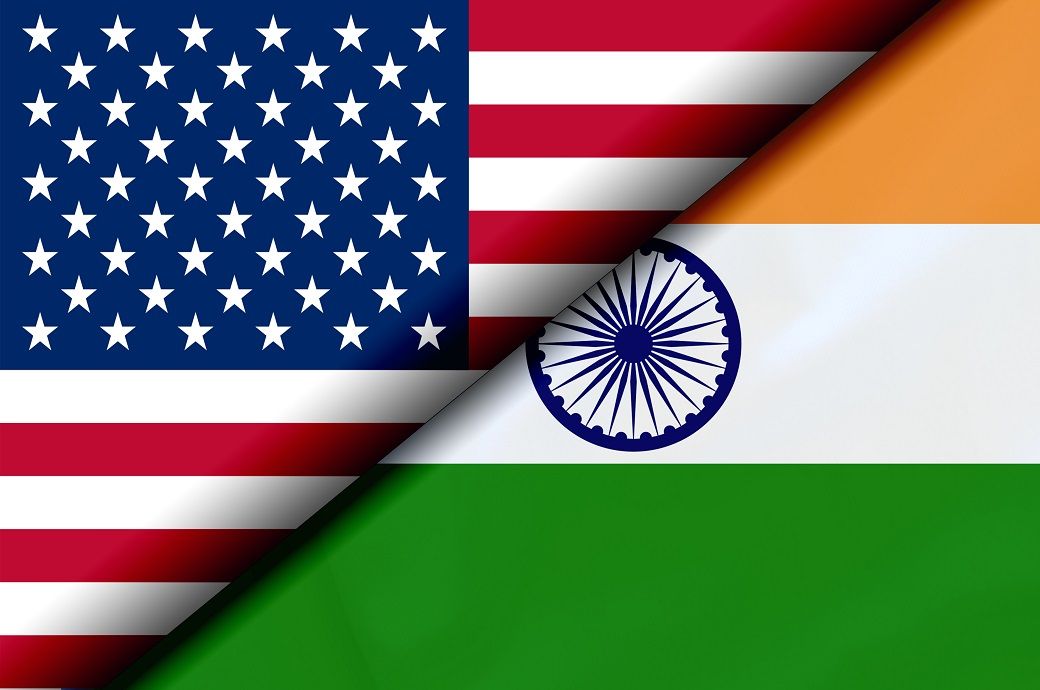
On October 8, 2021, both the nations had joined 134 other members of the OECD/G20 Inclusive Framework in reaching agreement on the statement on a two-pillar solution to address the tax challenges arising from the digitalisation of the economy.
On October 21 the same year, the United States, Austria, France, Italy, Spain and the United Kingdom reached a political compromise on the transitional approach to the unilateral measures in force while pillar 1 is implemented. The compromise is reflected in the joint statement that was issued by those six countries.
On November 24, 2021, India and the United States agreed that the same terms that apply under the October 21 joint statement shall apply between themselves with respect to India’s charge of 2 per cent equalisation levy on e-commerce supply of services and the United States’ trade action regarding the said equalisation levy.
The validity of this agreement was from April 1, 2022, till implementation of pillar 1 or March 31, 2024, whichever was earlier.
On December 18, 2023, the Inclusive Framework issued a statement calling for a finalisation of the text of the pillar 1 multilateral convention by the end of March 2024 with the aim of holding a signing ceremony by the end of June 2024.
On February 15, 2024, the United States and Austria, France, Italy, Spain and the United Kingdom decided to extend the political compromise set forth in the October 21 joint statement until June 30, 2024.
So India and the United States have decided to extend the validity of the agreement reflected in the November 24 statements until June 30 this year. All other terms of the transitional approach remain the same, a finance ministry release said.
Fibre2Fashion News Desk (DS)